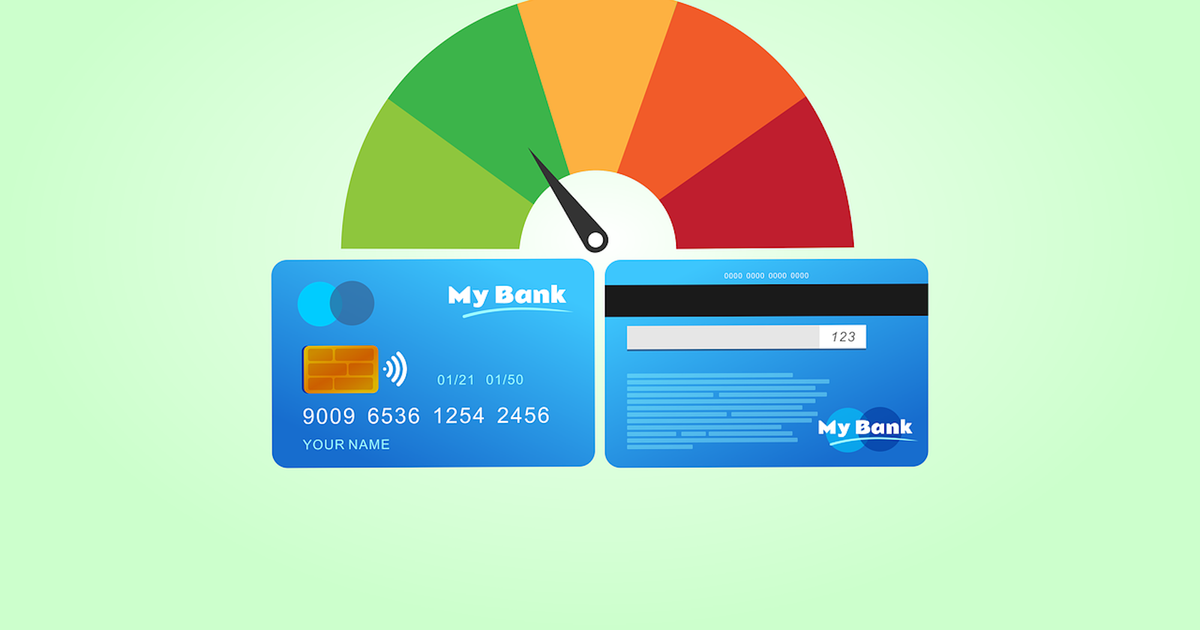MIAMI.- He credit score is a number that creditors use to determine your credit behavior, such as how likely you are to make payments on a loan, Explain USAGov in Spanish.
When you have a high credit score it becomes easier to get a loan, rent an apartment or get a reduction in your insurance premium. Learn how to get your credit score, how it is calculated, and what you can do to improve it.
How to get your credit score
There are four basic ways to get your credit score:
- Look in your credit or loan statements.
- Talk to a credit or housing counselor.
- Look for a credit scoring service.
- Get your score from one of the three major credit reporting agencies: Equifax, Experian, or TransUnion.
How your credit score is calculated
The three major credit reporting agencies create credit reports that include a history of credit, loans, and other financial information. These credit reports are used to calculate your credit score.
Information in your credit report that affects your score includes:
- Payment history.
- Outstanding balances.
- Duration of credit history.
- Applications for new credit accounts.
- Types of credit accounts (mortgages, car loans, credit cards).
Ways to improve your credit score
Your credit history affects your credit score directly. If you want to improve your score, there are a few things you can do, such as:
- Pay your loans on time.
- Don’t get too close to the credit limit.
- Have a long credit history.
- Make sure your credit report does not contain errors.
Learn more about how to improve your credit score and what can you do to fix errors on your credit report.
How to fix errors on your credit report
Errors on your credit report can affect your credit score and your ability to get a loan or rent a home. Learn about the types of errors you may encounter and how to fix them.
Learn what types of errors you can find on your credit report
Errors on a credit report may include an incorrect name or address on an account, or an incorrect date on which you made a payment.
Learn more about the types of common errors in credit reports or reports at the Consumer Financial Protection Bureau (CFPB).
If accounts that you did not open appear on your report or credit report, you may have suffered identity theft. Learn how to report it.
If you discover errors on your credit report or report, gather all the documents necessary to correct them and include them with a letter disputing the error. Send the letter to:
- The credit reporting agency whose report you are disputing.
- The company that provided the incorrect information.
Get detailed instructions from the CFPB on how to report errors in credit reports or reports.
How to get and maintain a good credit score?
There’s no secret formula to building a strong credit score, but there are certain guidelines that can help you do so, says the Consumer Financial Protection Bureau (CFPB), an official website of the U.S. federal government. USA.
Pay your bills on time, every time
One way to make sure your payments arrive on time is to schedule automatic payments, or set up electronic reminders. If you missed a payment, catch up and stay current.
Don’t go near your credit limit
Credit scoring models look at how close you are to “maxed out,” or reaching the maximum, so try to keep your balances low in proportion to your total credit limit. Experts advise keeping your credit usage to no more than 30 percent of your total credit limit. You don’t need to have revolving credit cards to get a good score. Paying your balance in full each month helps you get better scores.
Having a long credit history will help your score
Credit scores are based on experience over time. The more experience paying your bills on time shows on your credit report, the more information there will be to determine how well you handle the credit you receive.
Only apply for the credit you need
Credit scores look at your recent credit activity as an indicator of your need for credit. If you apply for a lot of credit in a short period, it may appear to lenders that your financial circumstances have changed negatively.
Check your credit report regularly
If you see something you suspect is a mistake, challenge it. If you have old credit card accounts that you’re not using, keep an eye out to make sure some identity thief isn’t using them.
Advice: If you are new to using credit, consider looking into a product designed to establish and build credit. Financial institutions have developed a range of products and services, such as secured credit cards and credit-building loans, tailored to help those consumers new to credit establish and build it.
Source: USAGov in Spanish



